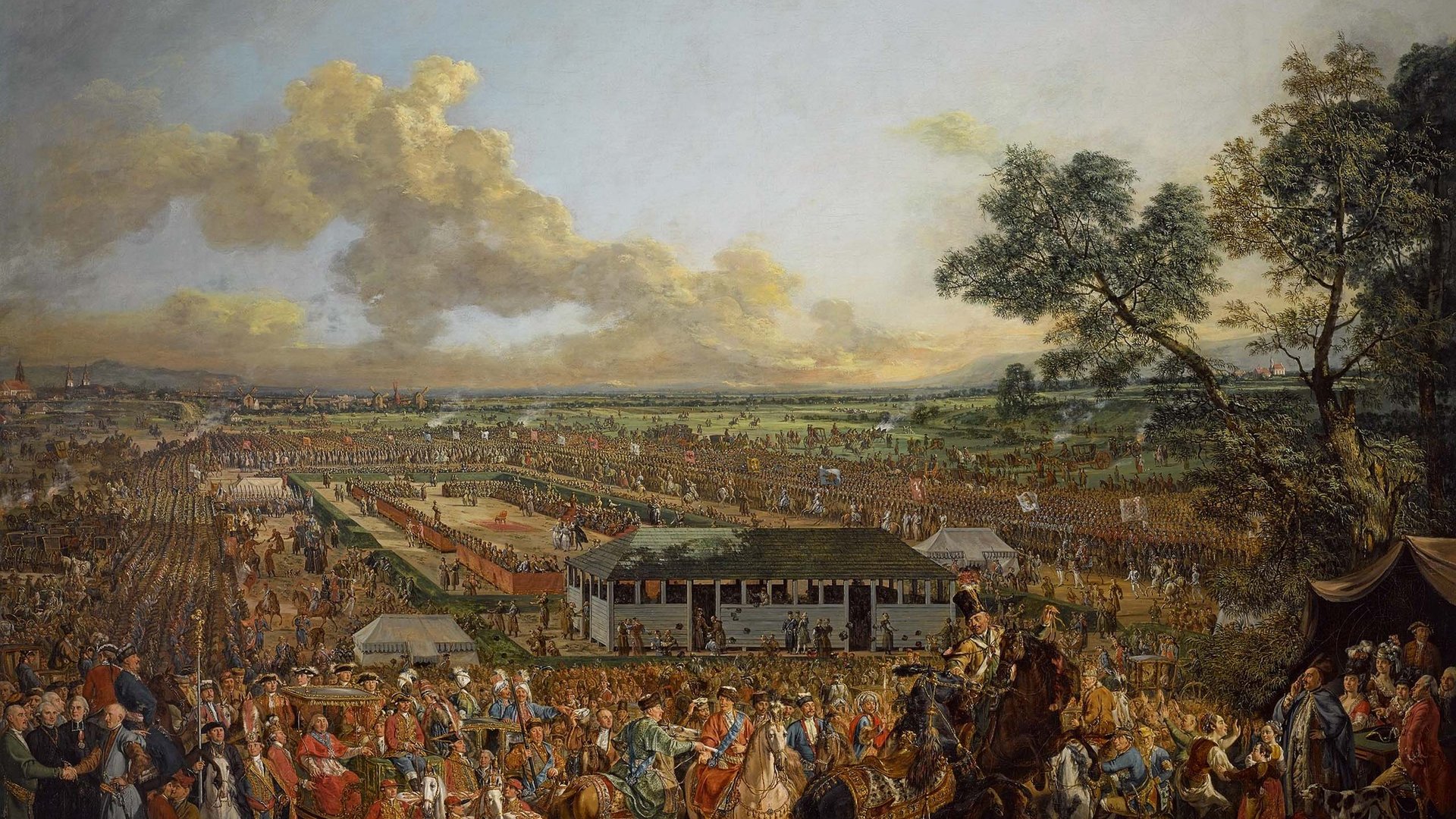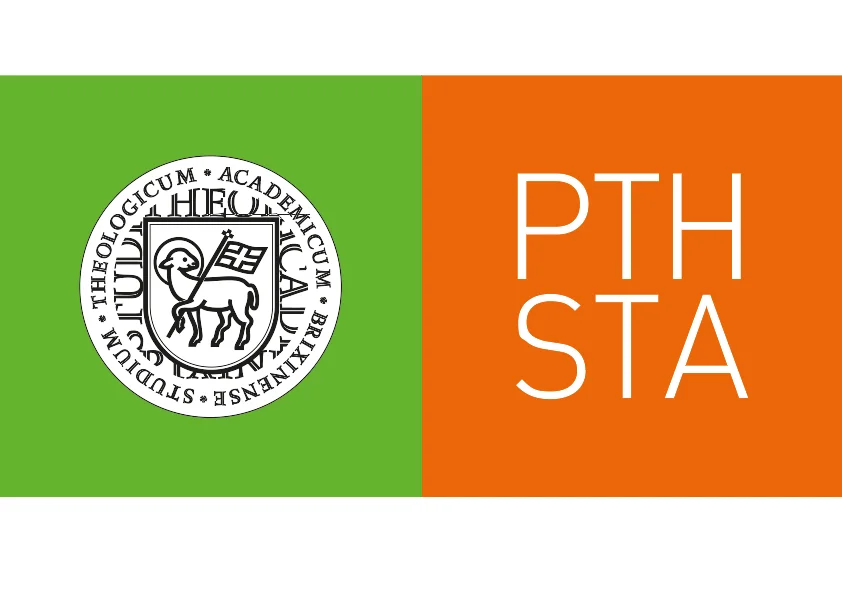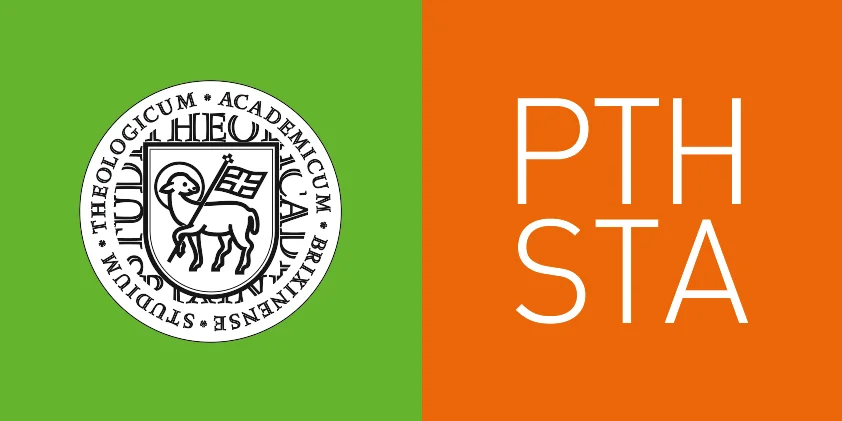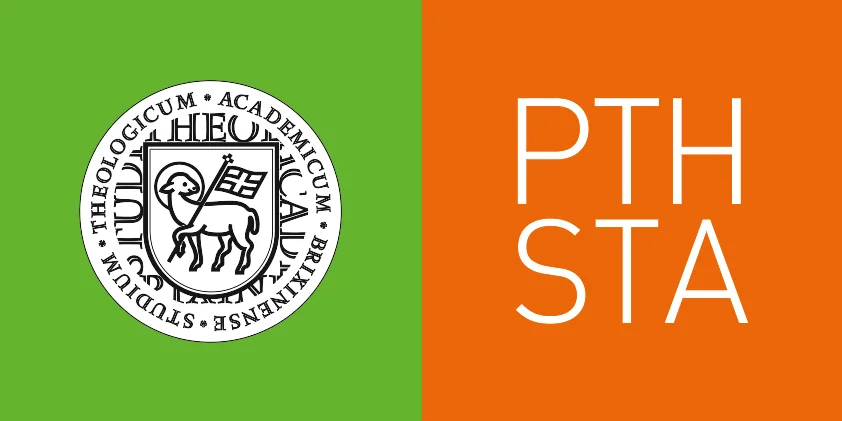A study in the applied ontology of social cognition
Over the last decade or so the world has been transformed into a huge in vivo laboratory of institutional crisis and resilience. Therefore, it is by no means surprising that the concepts of institutional and broader socio-ecological resilience have become widely referred topics. Clearly, one of the crucial challenges of the present day, faced by local communities, states and international organizations such as the EU, is the question of how it is possible to withstand crises.
However, the literature on institutional resilience usually focuses on preserving the structure, integrity and functioning of an institution after an external shock, and not on recognizing new paths of development once some of the older ones found themselves in crisis. Briefly put, the focus in on preservation, not adaptation.
Thus there are important aspects of institutional resilience that have not been adequately accounted for in the literature, even in those segments that rightly stress the need to include adaptation within broader resilience mechanisms – this is the fact that the capacity under investigation requires, and it is made possible by certain epistemic factors, i.e., how people think, perceive their surroundings, transfer information, elicit and solve problems, etc.
In brief, institutional resilience/adaptation shall be portrayed in this project as a desirable outcome of a certain organization of the social pursuit of knowledge production, drawing on a specific capacity – the capacity for problematization. The latter usually manifests itself in questions. Therefore, the intended conception shall refer to theories of questions, yet supplemented with elements of social epistemology and – crucially – applied ontology.
Therefore, the aim of this project is to provide the first comprehensive, philosophical account of institutional resilience, yet thought of, first of all, as creative adaptation, rather than a rapid answer to external shocks.
Ludger Jansen, holder of the Cusanus professorship at the PTH Brixen, and Konrad Werner, professor of philosophy at the University of Warsaw, are researching the project.
(Picture Header: Royal election of Stanisław August on Wola by Bernardo Bellotto 1776; wikimedia commons)




